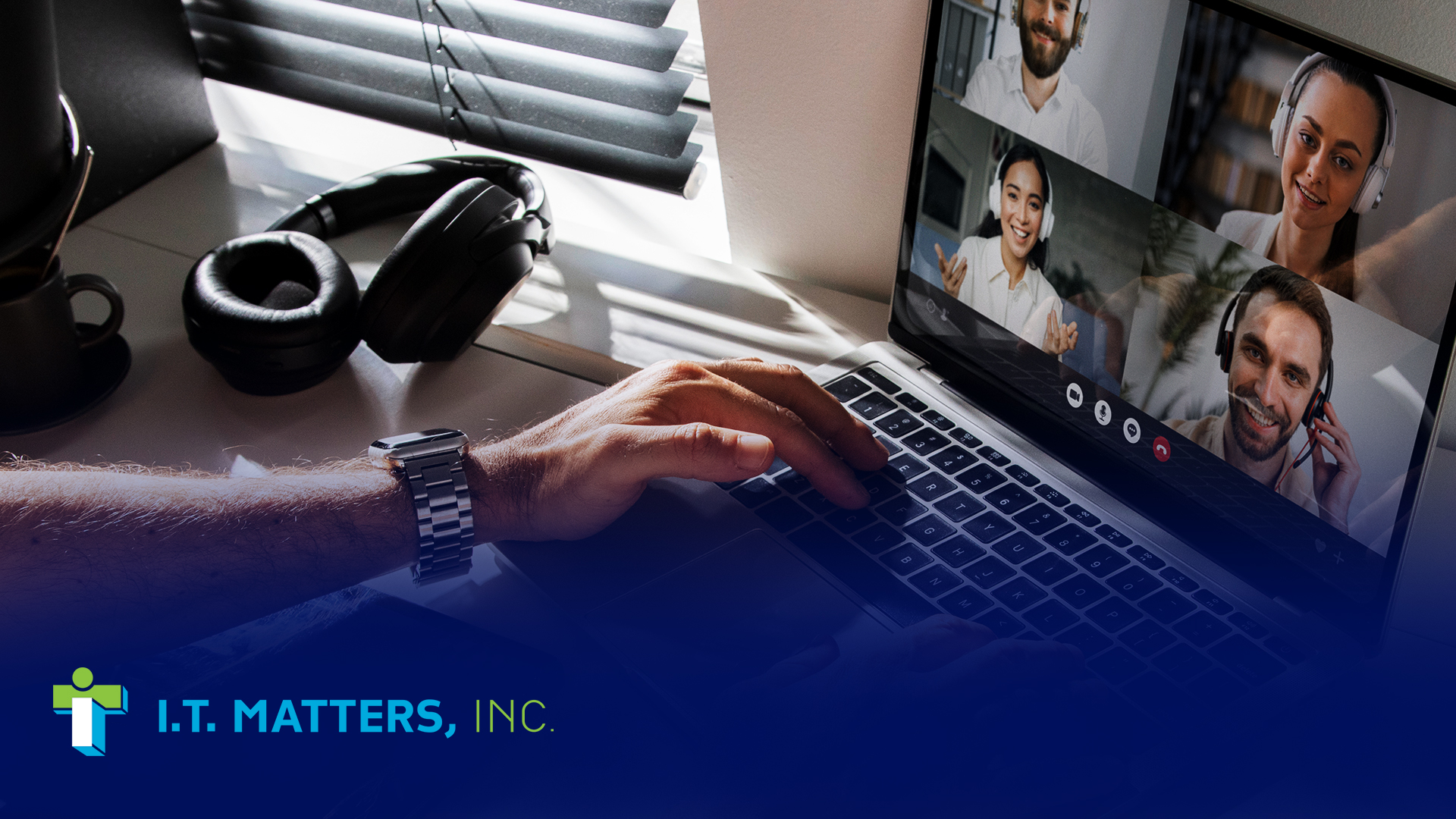Over the course of the past few years, remote work has become a conventional option for many workers. In fact, as of this year, 12.7% of full-time employees work from home, while 28.2% work a hybrid model.
While it offers numerous benefits, it also poses significant security challenges. Ensuring the proper security measures for remote working staff members is crucial to protect sensitive company data from potential risks. Let’s delve into the importance of securing remote workers and the steps organizations must take to mitigate data vulnerabilities.
The Danger Of Unsecured Remote Workers
Are you confident in your remote cybersecurity?
36% of organizations have dealt with a security incident due to an unsecured remote worker—it would make sense if you’re worried about your organization’s security right now.
According to Morphisec’s Work-from-Home Employee Cybersecurity Threat Index, 20% of workers said their IT team had not provided any tips as they shifted to working from home.
Is that the case for your remote workers?
What Does Effective Remote Work Cybersecurity Look Like?
Even before the pandemic, it was becoming increasingly common for businesses to hire remote workers—that is, staff members that work from home, outside of the business’ city of operation, and even much further away.
It’s important to recognize that when businesses start prioritizing remote access to data over the security of that data, they make an easy target for hackers.
Think of it this way—at the office, everything is protected by the same set of cybersecurity solutions. You have firewalls, antivirus software, etc. These are defenses that you’ve invested in and can trust.
Is the same true of your employees’ home networks and personal devices? Probably not.
With so many employees operating remotely, working from a laptop or smartphone, how can you be sure that your data is completely secure? Are you taking the necessary steps to maintain security while your staff works from home?
Many owners and managers assume that a VPN is enough to protect their business while managing a remote work environment. That’s not necessarily true—one wrong step, and a remote worker can put your network at risk.
6 Necessary Components Of Remote Cybersecurity
Two-Factor Authentication
Two-factor authentication is a great way to add an extra layer of protection to the existing system and account logins. By requiring a second piece of information like a randomly-generated numerical code sent by text message, you’re able to make sure that the person using the login credentials is actually who they say they are.
However, this isn’t just for websites and common user accounts—2FA should also be enabled for VPN and Remote Desktops.
Conditional Access
This is a critical consideration for remote workers. In a recent study, 69% of businesses had encountered incidents of unauthorized access due to poorly implemented Identify and Access Management Policies.
Conditional Access software gives you the ability to enforce controls on the access to apps in your environment, all based on specific conditions and managed from a central location. It’s an extra layer of security that makes sure only the right people, under the right conditions, have access to business data.
Data Loss Prevention (DLP)
A DLP policy tracks sensitive data and where it’s stored, determines who has the authorization to access it, and prevents the accidental sharing of sensitive information.
Email Security
Did you know that 96% of phishing attacks and 49% of malware attacks originate as emails?
That’s why you should have a powerful email spam and content filter protecting your organization’s inboxes. The right filter will defend against phishing, blatant malware threats, and that don’t involve malware, including impostor emails and business email compromise (BEC).
Backups
Given that many businesses are using cloud-based platforms today, users often assume that their data is automatically backed up to a secure off-site location. But is that really the case?
Reliable backup capability requires additional support. The key is in finding the right third-party backup solution to support your cloud-based accounts. By adding data backup capabilities, you can make sure all your bases are covered.
VPN
When you use a virtual private network (VPN), your data is encrypted, or hidden, as it moves from your device to the VPN and then continues onto the Internet. That makes it harder for an attacker to identify you as the source of the data.
Does Your Staff Know How To Maintain Security In A Remote Setting?
Did you know that more than 90% of cybersecurity incidents can be traced back to human error?
Cybersecurity awareness training is an essential part of an effective remote cybersecurity defense. Are your staff members supporting your cybersecurity? Or putting it at risk?
The fact is that what you (and your staff) don’t know could hurt you. If your staff isn’t up to date on the latest cybercrime scams, then they’re putting your data at risk, simple as that.
The key to truly comprehensive cybersecurity is simple, yet often overlooked: the user.
The best cybersecurity technology and practices in the world can be undone by one staff member who doesn’t understand how to use them, or how to protect the data they work with.
The right training services will offer exercises, interactive programs, and even simulated phishing attacks to test your staff on a number of key areas:
- How to identify and address suspicious emails, phishing attempts, social engineering tactics, and more.
- How to use business technology without exposing data and other assets to external threats by accident.
- How to respond when you suspect that an attack is occurring or has occurred.
Need Expert Assistance With Securing Your Remote Workforce?
I.T. Matters can help—in the past few years we’ve gained extensive experience in helping our partners to launch, optimize, and secure remote work capabilities.
Now that the mad rush to go remote is over, it’s time to perfect your processes. You don’t have to do so alone. Get in touch with the I.T. Matters team to get started.

Would you like to reduce frustrations with technology and boost operational efficiency within your business? The I.T. Matters team partners with companies of various sizes to help you create a secure, scalable, and flexible technology infrastructure.
Exceptional customer service is at the foundation of everything we do – ensuring that IT projects fully align with your business goals. Our friendly and knowledgeable team continually reviews industry trends and government regulations to help reduce risk and create a more productive IT environment for your business. Whether you are looking for full-service, outsourced IT infrastructure support, or simply need help with an upcoming technology project, contact us to help!

